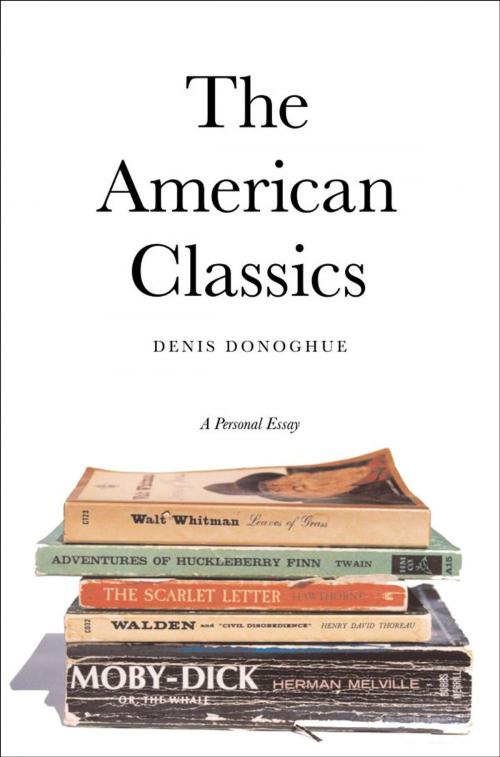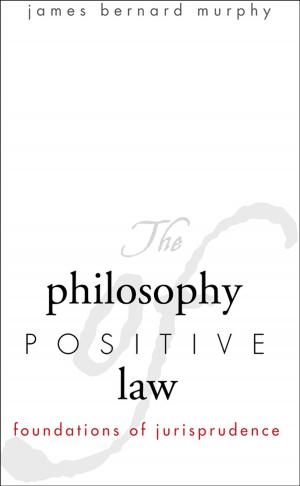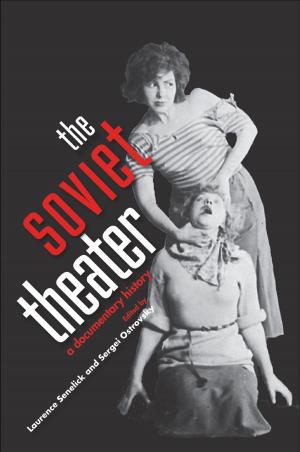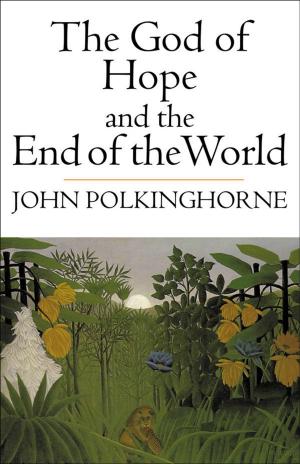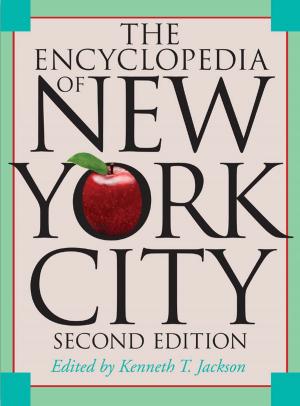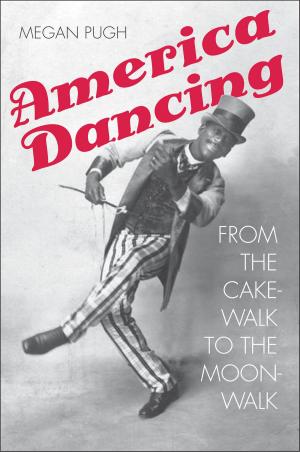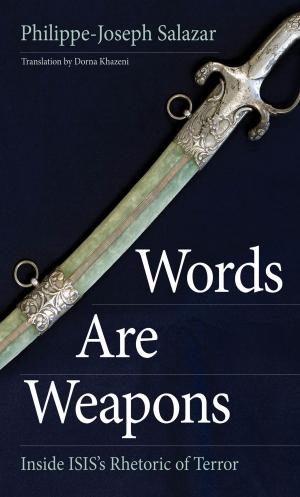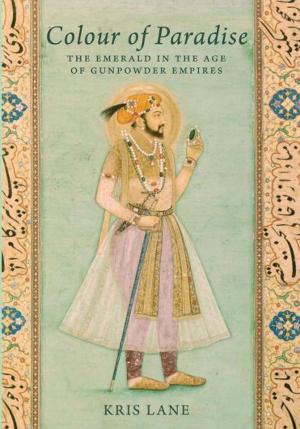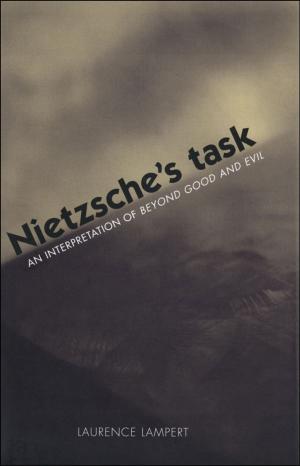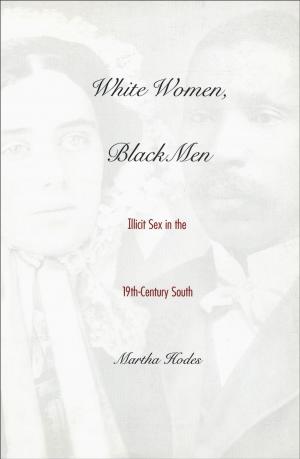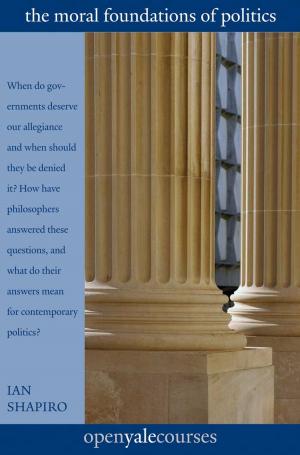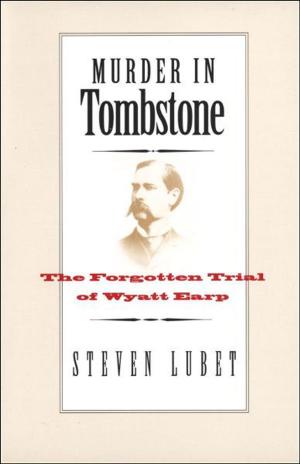| Author: | Professor Denis Donoghue | ISBN: | 9780300133783 |
| Publisher: | Yale University Press | Publication: | October 1, 2008 |
| Imprint: | Yale University Press | Language: | English |
| Author: | Professor Denis Donoghue |
| ISBN: | 9780300133783 |
| Publisher: | Yale University Press |
| Publication: | October 1, 2008 |
| Imprint: | Yale University Press |
| Language: | English |
How is a classic book to be defined? How much time must elapse before a work may be judged a classic”? And among all the works of American literature, which deserve the designation? In this provocative new book Denis Donoghue essays to answer these questions. He presents his own short list of relative” classics--works whose appeal may not be universal but which nonetheless have occupied an important place in our culture for more than a century. These books have survived the abuses of time-neglect, contempt, indifference, willful readings, excesses of praise, and hyperbole.
Donoghue bestows the term classic on just five American works: Melville’s Moby-Dick, Hawthorne’s The Scarlet Letter, Thoreau’s Walden, Whitman’s Leaves of Grass, and Twain’s Adventures of Huckleberry Finn.
Examining each in a separate chapter, he discusses how the writings have been received and interpreted, and he offers his own contemporary readings, suggesting, for example, that in the post9/11 era, Moby-Dick may be rewardingly read as a revenge tragedy. Donoghue extends an irresistible invitation to open the pages of these American classics again, demonstrating with wit and acuity how very much they have to say to us now.
How is a classic book to be defined? How much time must elapse before a work may be judged a classic”? And among all the works of American literature, which deserve the designation? In this provocative new book Denis Donoghue essays to answer these questions. He presents his own short list of relative” classics--works whose appeal may not be universal but which nonetheless have occupied an important place in our culture for more than a century. These books have survived the abuses of time-neglect, contempt, indifference, willful readings, excesses of praise, and hyperbole.
Donoghue bestows the term classic on just five American works: Melville’s Moby-Dick, Hawthorne’s The Scarlet Letter, Thoreau’s Walden, Whitman’s Leaves of Grass, and Twain’s Adventures of Huckleberry Finn.
Examining each in a separate chapter, he discusses how the writings have been received and interpreted, and he offers his own contemporary readings, suggesting, for example, that in the post9/11 era, Moby-Dick may be rewardingly read as a revenge tragedy. Donoghue extends an irresistible invitation to open the pages of these American classics again, demonstrating with wit and acuity how very much they have to say to us now.
